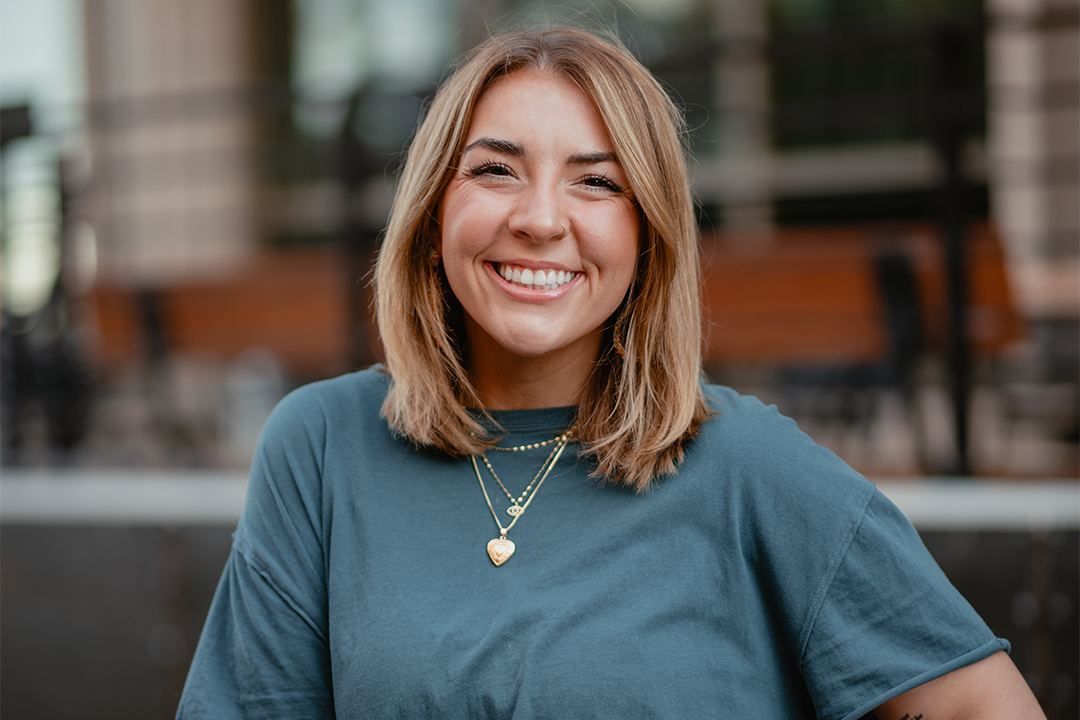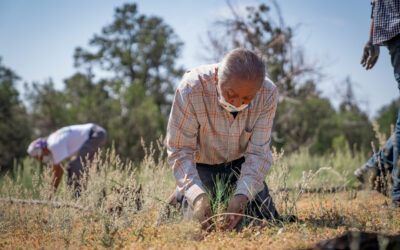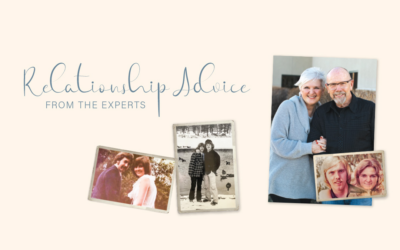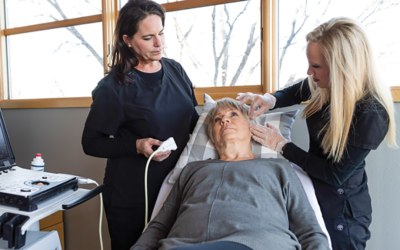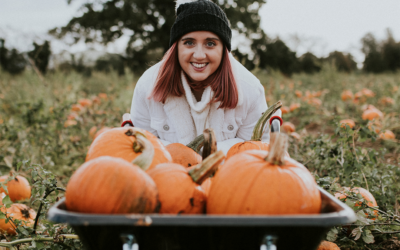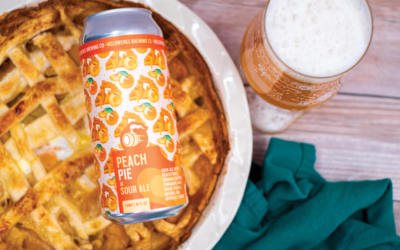
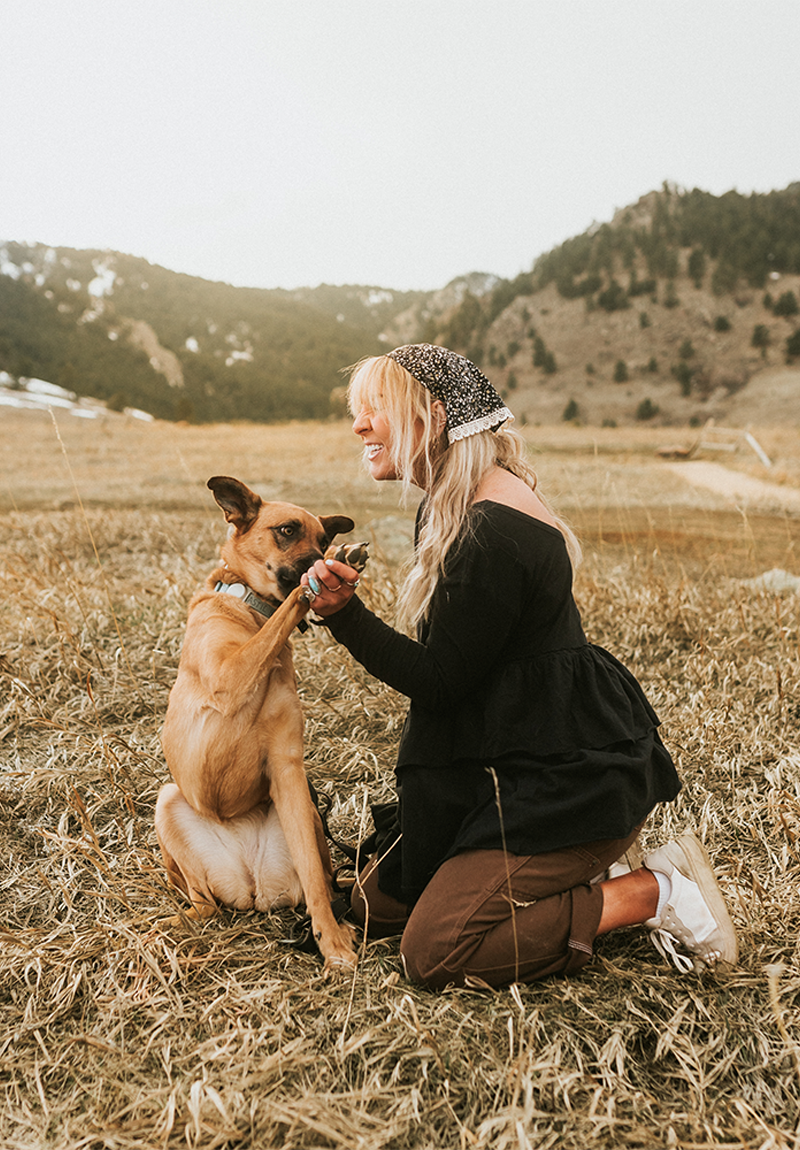
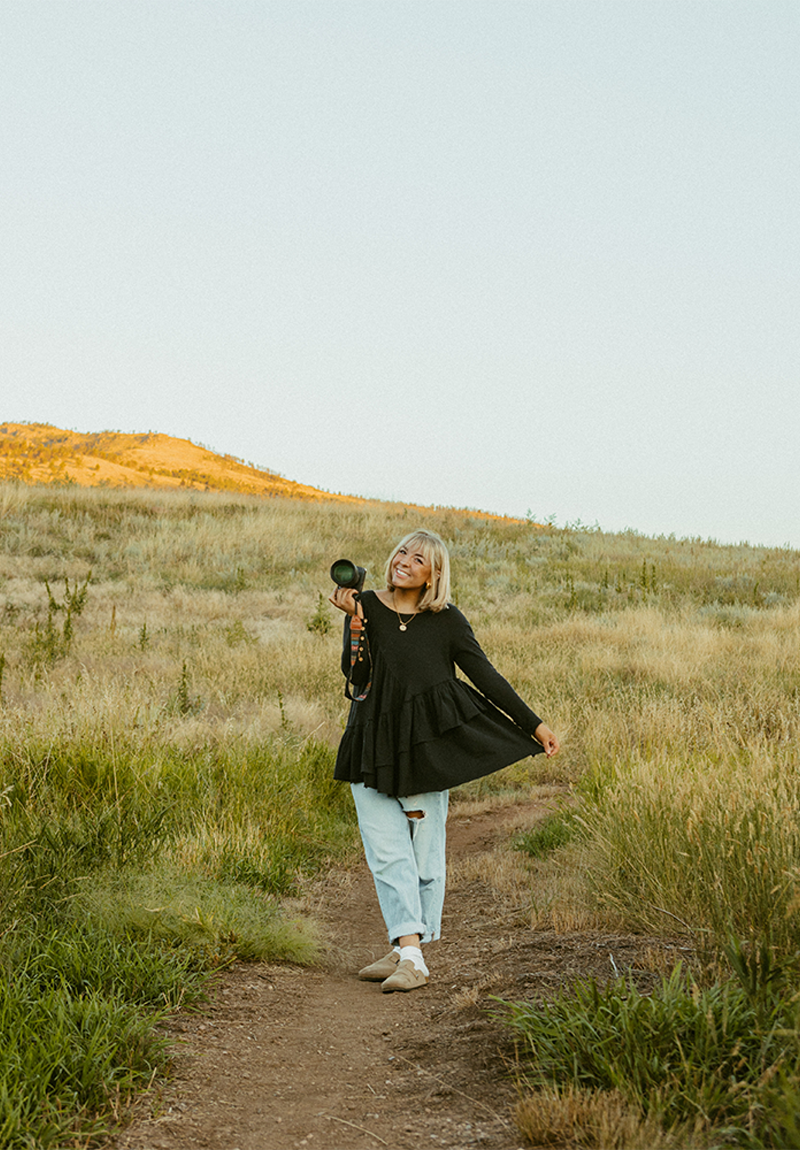
24 years old • Fort Collins
Owner and founder of Wild Faith Photo
What’s your occupation? Explain your career, accomplishments and professional highlights.
I’m a photographer and educator specializing in photography rooted in storytelling and cinematography (I’m known for photos that feel like movie scenes). I went full time in September and completely changed my style after doing classic posed photography for years. I host retreats for photographers to learn cinematographic techniques, form deep friendships and build their portfolios. My approach to education is rooted in creating a safe, inclusive experience that helps other creatives achieve their potential.
Tell us about yourself, your history and how you came to be where you are now.
I started doing photography in high school because I was bullied and wanted to show other people how beautiful they were. I was told that I’d have to go to college because I couldn’t make a career of photography, but that didn’t stop me. I moved across the country alone at age 20, and when I arrived in Colorado, I did pay-what-you-can shoots to build my portfolio. The year before I went full time, I was working 70 hours per week while working on my self-worth and learning to believe in myself. Finally, I was able to make it happen.
Tell us something unique about you.
I love learning people’s raw, genuine stories. I believe that there are so many stories worth knowing, which is why I take the approach to photography that I do. There’s so much that happens behind closed doors that we don’t know about, so it’s been my life’s mission to get to know those stories and let people come as they are.
What do you consider the biggest accomplishment or challenge you’ve overcome, either professionally or personally?
Making a beautiful life for myself. I struggled deeply with suicidal ideation my whole childhood, and I never thought I’d make it to see my adult life. Moving alone was the scariest thing I’ve ever done, and so was going full time, but I decided that I wanted to make a life for myself that was worth living. The only person who could make that happen for me was me.
Where do you see yourself in five years? In 10 years?
In five years, I see myself being a full-time educator and working with people who are struggling with their mental health through photography. I want to show people how beautiful life is through their lens, even when it doesn’t seem like it. I believe that self-worth is at the root of all success, as it was in mine, and I want to help others get to that point.
What piece(s) of advice would you give to your younger self?
Life is beautiful and worth living; you just need to keep going. Someday you will impact many people, and the darkness and sadness you experienced will all have been worth it.
How do you help others with their mental health and well-being through photography?
Early on, I learned the power one “bad” image held: It could ruin someone’s entire perception of themselves. I experienced it myself—a bad angle, being caught off guard, sitting in a weird position—and noticed how one photo can leave anyone feeling devastated in their skin. Then I learned what was even more powerful: A good image that catches you in just the right light, in the middle of a belly laugh or doing something you love. I challenge other photographers to use photography as a form of self-expression, and I show up vulnerably on social media to show others that they have a safe space to do the same and authentically connect.
What has been the key to healing from and overcoming your suicidal ideation?
I still struggle with my mental health occasionally, but fortunately, bad mental health days are now few and far in between. The key to my healing has been a combination of therapy, awareness and finding passions. At a young age, my brain learned to cope with my depression and trauma by thinking about “escaping,” which became suicidal ideation. These thoughts continued, becoming my brain’s first response whenever I felt depressed. Understanding this and realizing that I didn’t actually want to end my life, but rather the pain, was crucial. I learned that there are other ways to end the pain, and finding healthy coping mechanisms, like photography, truly saved my life.
What do your retreats entail?
My retreats for photographers are based on inclusivity, community and storytelling. The photography industry often feels competitive, and many photographers invest in retreats hoping to create art and find their community, only to leave feeling like it was cliquey and exclusionary. Hearing these experiences inspired me to create a space where attendees leave feeling inspired, loved and accepted, a place where they can heal both creatively and emotionally. Diversity is celebrated at every level at my retreats, from the participants we welcome to the stories we capture and share. People have flown in from all over the world to attend my retreats, coming as strangers and leaving as best friends.

